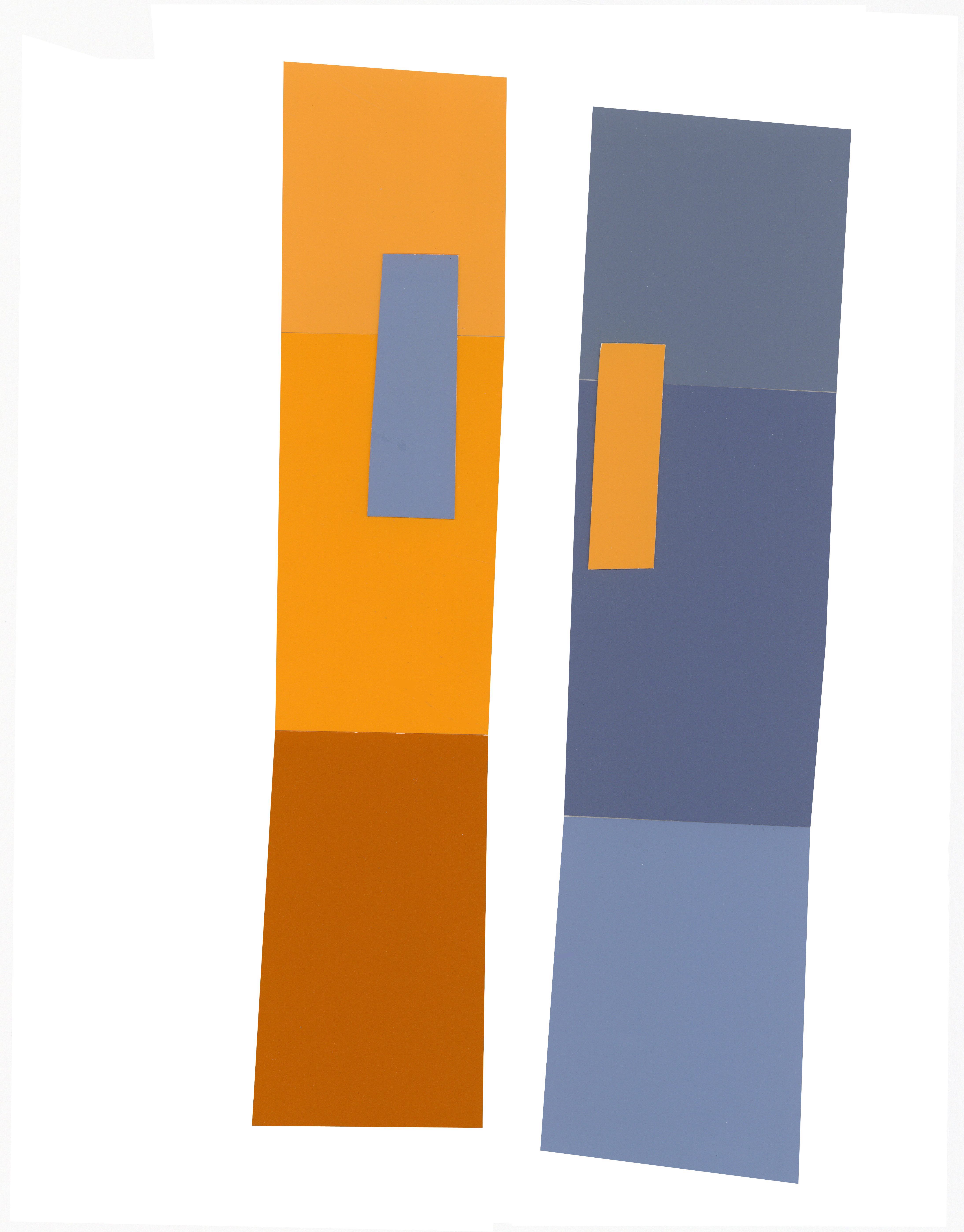
I have known several accomplished makers that seize up when confronted with a blank canvas or a fresh roll of trace paper. The pressure and desire to fashion something significant can immobilize the best of us. No one can produce a masterpiece on demand, and it is rare for an artist to accurately predict the importance of their work. I have witnessed talent in various states of uncertainty trying to decide what they should draw rather than picking up their pencils. Making anything these days can feel like a treacherous proposition. This is one of the reasons I paint everyday regardless of how I feel. It bridles my expectations and forces me to find something worthwhile in the activity itself.
Being an earnest maker is difficult, particularly in a society that inundates us with unhelpful and unrealistic expectations. There is a tremendous push today, and perhaps demand, for perfection. We put tremendous pressure on one another and are often led to believe if we achieve perfection we will avoid harsh or embarrassing criticism. We are convinced if we approximate perfection we will garner people’s admiration and acceptance. We usually get duped into seeking perfection believing it will further our self-interest or secure someone’s approval.
Nothing could be more untrue. First, what is perfection and who is capable of achieving it? When I take an inventory of individuals who accomplished a great deal and are generally considered “more perfect” than most, it gets a bit complicated. Ponder the fate of Mahatma Gandhi, Martin Luther King and Nelson Mandela –even Mother Theresa was investigated and maligned in a British documentary entitled Hell’s Angel.
Recognizing that perfection is at best a hollow pursuit should not stop makers from seeking excellence. Seeking excellence demands a different mindset and set of motivations.
Excellence entails a rigorous pursuit to utilize the things we possess in ways that exceed ordinary standards. It does not require an Ivy League education, a particular job title, capital investment or something just out of reach. It is not driven by an anticipated reward, fear of rejection or quest for someone’s approval. Achieving excellence is what we are all built to do, and it should largely be its own reward.
The difference between excellence and perfection is easily blurred, and it doesn’t take much for one to slip into a misguided quest. Makers must nurture the joy and satisfaction they get from their work and be vigilant to avoid the perfection pitfall. Fear, anxiety, anger and discouragement are indications that our focus may need some adjusting. The work shown here is an excerpt from my ongoing Visual Journal and one in a series of similarly composed entries. I don’t believe this is my best entry, and it is certainly not my worst. Regardless, I get a great deal of pleasure from this work – a work that no one, including myself, knew existed before I sat down at my desk that particular day and made it.
